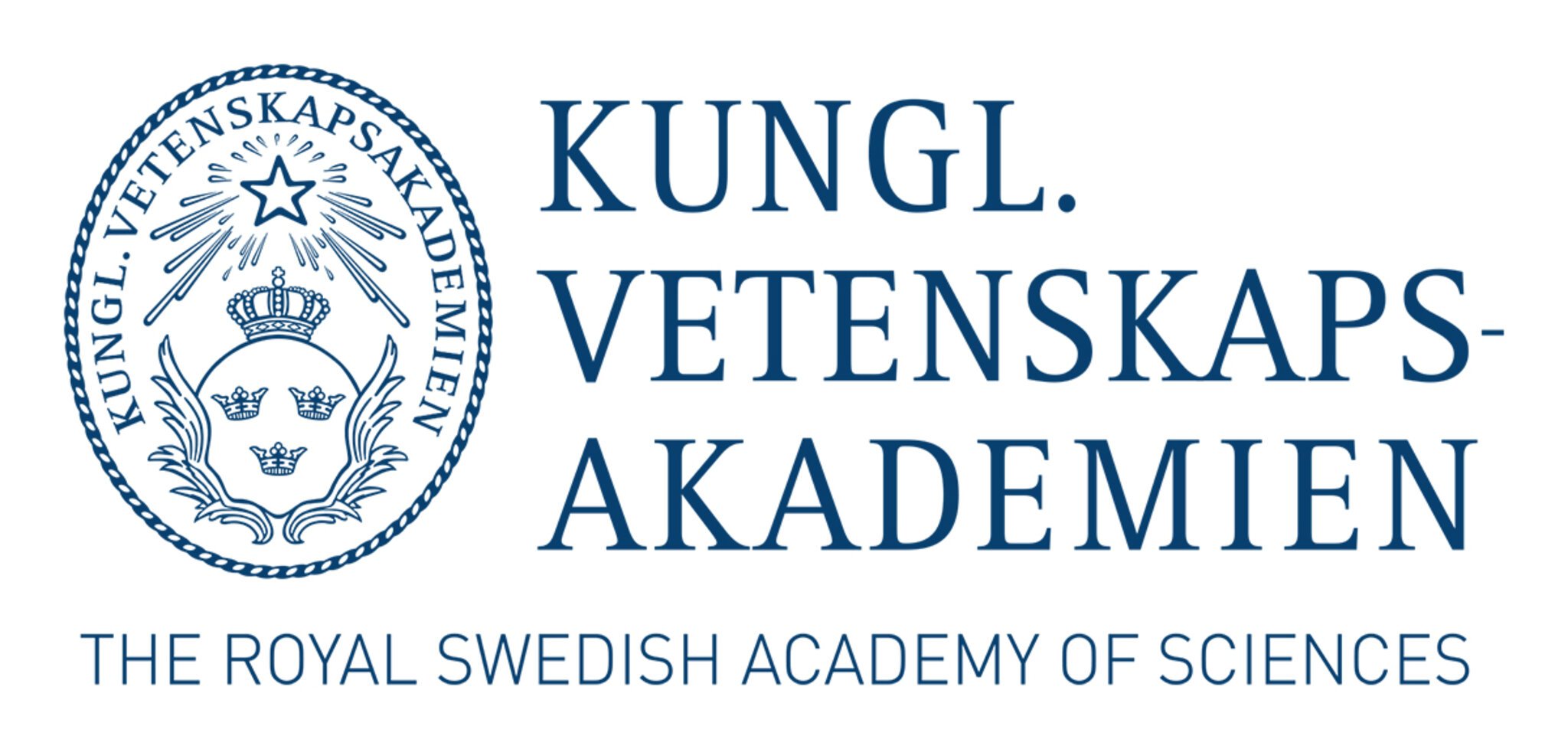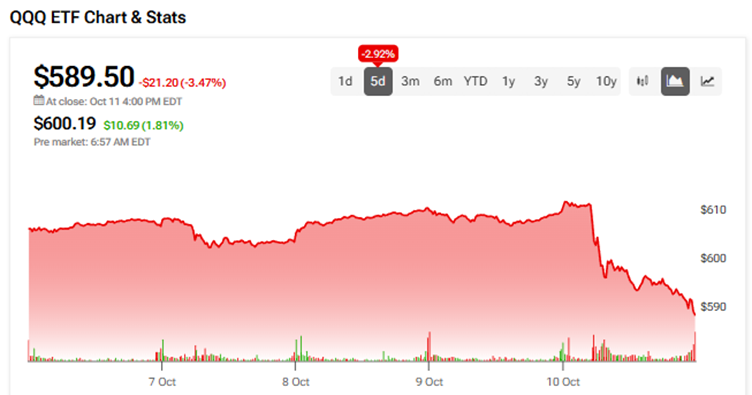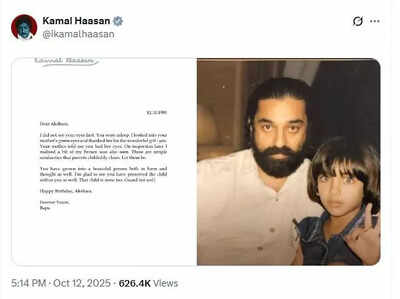English
English (pdf)
Swedish
Swedish (pdf)

13 October 2025
The Royal Swedish Academy of Sciences has decided to award the Sveriges Riksbank Prize in Economic Sciences in Memory of Alfred Nobel 2025 to Joel Mokyr, Philippe Aghion and Peter Howitt
“for having explained innovation-driven economic growth”
with one half to
Joel Mokyr
Northwestern University, Evanston, IL, USA
“for having identified the prerequisites for sustained growth through technological progress”
and the other half jointly to
Philippe Aghion
Collège de France and INSEAD, Paris, France, The London School of Economics and Political Science, UK
Peter Howitt
Brown University, Providence, RI, USA
“for the theory of sustained growth through creative destruction”
They show how new technology can drive sustained growth
Over the last two centuries, for the first time in history, the world has seen sustained economic growth. This has lifted vast numbers of people out of poverty and laid the foundation of our prosperity. This year’s laureates in economic sciences, Joel Mokyr, Philippe Aghion and Peter Howitt, explain how innovation provides the impetus for further progress.
Technology advances rapidly and affects us all, with new products and production methods replacing old ones in a never-ending cycle. This is the basis for sustained economic growth, which results in a better standard of living, health and quality of life for people around the globe.
However, this was not always the case. Quite the opposite – stagnation was the norm throughout most of human history. Despite important discoveries now and again, which sometimes led to improved living conditions and higher incomes, growth always eventually levelled off.
Joel Mokyr used historical sources as one means to uncover the causes of sustained growth becoming the new normal. He demonstrated that if innovations are to succeed one another in a self-generating process, we not only need to know that something works, but we also need to have scientific explanations for why. The latter was often lacking prior to the industrial revolution, which made it difficult to build upon new discoveries and inventions. He also emphasised the importance of society being open to new ideas and allowing change.
Philippe Aghion and Peter Howitt also studied the mechanisms behind sustained growth. In an article from 1992, they constructed a mathematical model for what is called creative destruction: when a new and better product enters the market, the companies selling the older products lose out. The innovation represents something new and is thus creative. However, it is also destructive, as the company whose technology becomes passé is outcompeted.
In different ways, the laureates show how creative destruction creates conflicts that must be managed in a constructive manner. Otherwise, innovation will be blocked by established companies and interest groups that risk being put at a disadvantage.
“The laureates’ work shows that economic growth cannot be taken for granted. We must uphold the mechanisms that underly creative destruction, so that we do not fall back into stagnation,” says John Hassler, Chair of the Committee for the prize in economic sciences.
Illustrations
The illustrations are free to use for non-commercial purposes. Attribute ”© Johan Jarnestad/The Royal Swedish Academy of Sciences”
Illustration: Sveriges Riksbank Prize in Economic Sciences in Memory of Alfred Nobel 2025
Illustration: Figure 1
Illustration: Figure 2
Illustration: Figure 3
Illustration: Figure 4
Illustration: Figure 5
Illustration: Figure 6
Read more about this year’s prize
Popular science background: From stagnation to sustained growth (pdf)
Scientific background to the Sveriges Riksbank Prize in Economic Sciences in Memory of Alfred Nobel 2025 (pdf)
Joel Mokyrborn 1946 in Leiden, the Netherlands. PhD 1974 from Yale University, New Haven, CT, USA. Professor at Northwestern University, Evanston, IL, USA.
Philippe Aghionborn 1956 in Paris, France. PhD 1987 from Harvard University, Cambridge, MA, USA. Professor at Collège de France and INSEAD, Paris, France and The London School of Economics and Political Science, UK.
Peter Howittborn 1946 in Canada. PhD 1973 from Northwestern University, Evanston, IL, USA. Professor at Brown University, Providence RI, USA.
Prize amount: 11 million Swedish kronor, with one half to Joel Mokyr and the other half jointly to Philippe Aghion and Peter Howitt.
Further information: www.kva.se and www.nobelprize.org
Press contact: Eva Nevelius, Press Secretary, +46 70 878 67 63, [email protected]
Experts: Kerstin Enflo, +46 70 374 83 91, [email protected] and John Hassler, +46 70 811 72 63, [email protected]members of the Committee for the Prize in Economic Sciences in Memory of Alfred Nobel.
The Royal Swedish Academy of Sciences, founded in 1739, is an independent organisation whose overall objective is to promote the sciences and strengthen their influence in society. The Academy takes special responsibility for the natural sciences and mathematics, but endeavours to promote the exchange of ideas between various disciplines.
Nobel Prize® is a registered trademark of the Nobel Foundation.












































